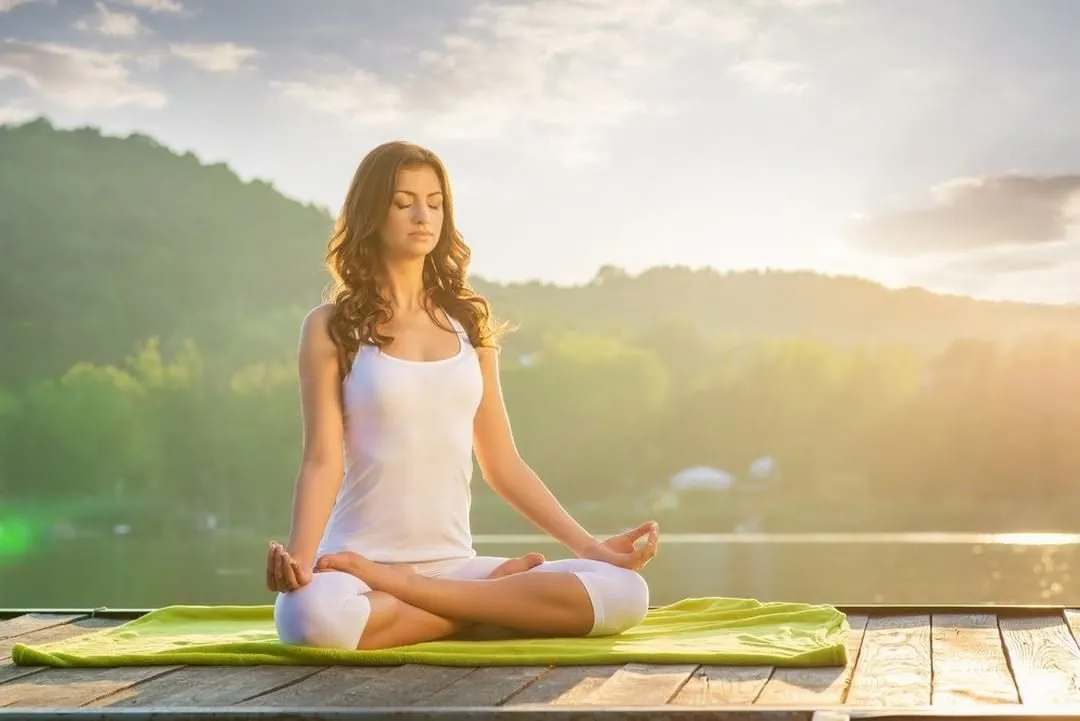Stress has become a common part of our everyday lives, often sneaking up on us during work deadlines, family commitments, or even while scrolling through social media. It can affect not only our mental well-being but also our physical health, leading to exhaustion, irritability, and even chronic illnesses. The good news is that mindfulness and relaxation techniques provide accessible and effective solutions to manage stress. These methods help cultivate a sense of calm and balance, making you more resilient in stressful situations.
Understanding Mindfulness
Mindfulness is the practice of focusing your attention on the present moment. Instead of being overwhelmed by the mistakes of the past or worrying about the future, mindfulness encourages us to anchor ourselves in the now. The principles of mindfulness are simple yet profound—awareness, acceptance, and non-judgment. By practicing mindfulness, we can reduce stress by breaking free from the loop of negative thoughts and emotional overwhelm. Whether it’s paying attention to your breath, observing your thoughts, or savoring the flavor of your morning coffee, mindfulness brings an inner stillness that helps in managing stress.
Deep Breathing Exercises
One of the easiest ways to reduce stress is through deep breathing exercises. These techniques work by activating the parasympathetic nervous system, which is responsible for calming the body. One effective exercise is diaphragmatic breathing. To try it, place one hand on your chest and the other on your belly, then take slow, deep breaths so that your belly rises, not your chest. Other methods, such as the 4-7-8 technique (inhale for 4 seconds, hold for 7 seconds, exhale for 8 seconds), promote relaxation and lower anxiety. By dedicating just a few minutes each day to these exercises, you can experience a noticeable reduction in stress.
Meditation Practices
Meditation is a centuries-old technique that continues to be a powerful tool for stress relief. Guided meditation, where a narrator leads you through calming imagery or affirmations, is a great place to start. Vipassana, or insight meditation, focuses on observing bodily sensations and thoughts without attachment. Meditation helps train the mind to be less reactive, creating a buffer between you and stressful situations. To get started, find a quiet space, sit comfortably, and close your eyes. Apps like Headspace and Calm also offer fantastic resources for both beginners and seasoned meditators.
Progressive Muscle Relaxation
Progressive muscle relaxation (PMR) is a simple yet effective way to ease physical tension resulting from stress. It involves tensing and then slowly releasing different muscle groups in your body, starting from your toes and working your way up to your head. For example, you might clench your fists for five seconds, notice the tension, and then relax them completely. PMR offers immediate stress relief while also helping you become more conscious of how stress manifests physically. This technique is especially helpful for those who experience stress-related muscle pain or tension headaches.
Visualization Techniques
Close your eyes and imagine yourself on a peaceful beach, listening to the gentle sounds of waves lapping at the shore. This is the essence of visualization techniques, which leverage the power of your imagination to transport you to a calming mental space. Visualization encourages your brain to shift focus away from stressors, activating feelings of relaxation and joy. By vividly picturing soothing scenarios combined with intentional breathing, this practice can significantly reduce stress. Try incorporating this technique during a mid-day break or right before bed to enhance your mental well-being.
Creating a Mindfulness Routine
The key to reducing stress through mindfulness and relaxation is consistency. Start small by dedicating 5-10 minutes each day to mindful practices. You might begin with a brief breathing exercise in the morning or a mindful walk after lunch. Over time, you can integrate more activities like journaling, mindful eating, or evening meditation sessions. To build a routine that sticks, pair mindfulness with existing habits—like practicing gratitude while brushing your teeth or meditating before checking emails. The beauty of mindfulness is that it can seamlessly fit into your daily life.
The Science Behind Mindfulness
The benefits of mindfulness and relaxation techniques are not just anecdotal; they are backed by science. Research has shown that practicing mindfulness can lower cortisol levels, the primary stress hormone. It also enhances neuroplasticity, improving the brain’s ability to adapt and manage stress more effectively. Below is a chart summarizing the scientific impact of mindfulness on stress reduction:
|
Mindfulness Benefits |
Scientific Findings |
|---|---|
|
Reduced Cortisol Levels |
Studies reveal up to 20% reduction in cortisol levels for regular mindfulness practitioners |
|
Improved Focus and Concentration |
Meditation increases gray matter density in areas related to focus and decision-making |
|
Enhanced Emotional Regulation |
Practicing mindfulness reduces amygdala reactivity, helping you stay calm under pressure |
|
Lower Anxiety and Depression Rates |
Research indicates a significant decline in anxiety and depressive symptoms over time |
These findings highlight the tangible, measurable effects of integrating mindful practices into your life.
Overcoming Challenges
Developing a mindfulness practice can be challenging for beginners. Common obstacles include a wandering mind, a busy schedule, or the misconception that mindfulness requires hours of quiet introspection. When your mind wanders, simply acknowledge it without judgment and gently redirect your focus. If time is an issue, start with just 2-3 minutes a day and gradually increase. Remember, mindfulness is not about perfection—it’s about progress. Forgive yourself for the hiccups and celebrate the small successes along the way.
Start Your Journey to a Stress-Free Life
Stress may be an inevitable part of life, but it doesn’t have to control you. Mindfulness and relaxation techniques offer a pathway to reclaim your peace, nurture your well-being, and build resilience against daily stressors. By understanding mindfulness, practicing breathing exercises, exploring meditation, and incorporating relaxation into your routine, you can unlock a healthier, more balanced life. Start small, stay consistent, and watch how even simple changes can create profound differences in how you manage stress.
guiadenoivos.saojosedojardimeuropa.com.br
beyond.globalpranichealing.com
ejournal.akbidbungabangsaaceh.ac.id
sekolah tinggi ilmu kesehatan ukpm
kebidanan mitra sejahtera jakarta
akademi analis kesehatan muhammadiyah surabaya
akademi kesehatan lingkungan sumsel
akademi kebidanan arta kabanjahe
akademi kebidanan nusantara medan
akademi kebidanan delhus delmed
akper harapan mama deli serdang
akademi kebidanan bunga bangsa aceh




